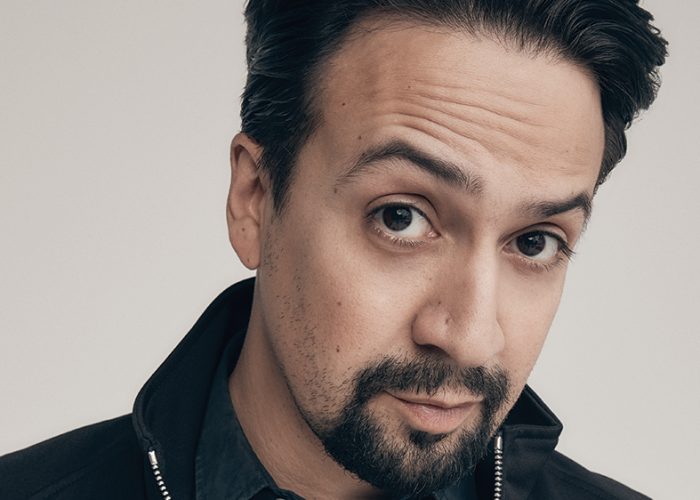Lin-Manuel Miranda has spoken out about the negative effects of social media at the Edinburgh TV Festival.
“[The voices] can be loud in your head, good and bad,” the “Hamilton” writer and actor said. “And when you’re an artist who puts things into the world, you know, you’re always having to balance how much you let in in terms of feedback and how you let it affect you. And you know, one loud negative voice can be a day-ruiner. And that’s anybody who interacts on social media, ever. I think that’s not unique to me.”
In June, Miranda was heavily criticized on social media for what many users saw as a lack of diversity in his latest musical, “In the Heights,” in terms of Afro-Latino representation. Miranda apologized a short while later, posting his apology on Twitter.
However, during his talk, Miranda also went on to list the positives of social media, including discovering new artists and creatives on platforms such as Twitter. “I think the good thing about it — and I think it’s a very good thing — is that, you know, the distance between anyone and an audience is gone. And I think that can be terribly exciting,” he said.
Miranda, who is currently in Wales where he is filming the latest instalment of BBC adaptation “His Dark Materials,” took the opportunity to speak about diversity in his conversation with producer Jane Tranter, saying he was “thrilled” when she asked him to join the series.
“When I saw how diverse the cast was in terms of,” he said. “It’s very easy to do an all-white version of ‘His Dark Materials’ and and the thrilling diversity and how much richer I think that made the world you guys have created, I’ve been really honored and thrilled to be a part of it.”
Asked whether there was anything the U.K. could learn from the U.S. in terms of representation — or vice versa — Manuel replied: “I think it’s ongoing on both coasts, you know. I think that we can always do better. We can always continue to ask what voices aren’t we hearing, what faces aren’t we seeing on either side of the camera.”read more
Lin-Manuel Miranda on Social Media Criticism: ‘One Loud, Negative Voice Can Be a Day-Ruiner’


